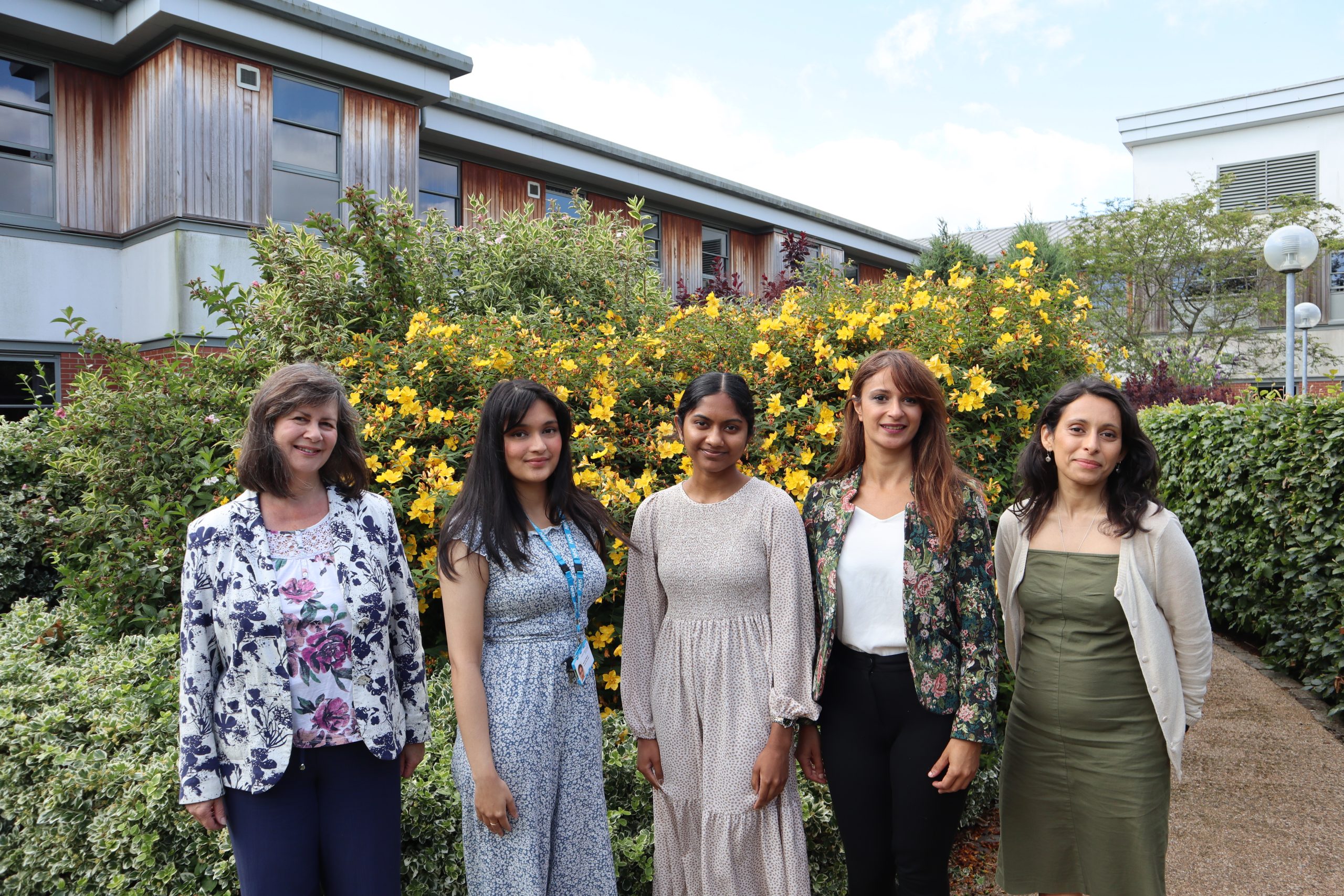
Cumbria, Northumberland, Tyne and Wear NHS Foundation Trust (CNTW) has appointed a second cohort of assistant psychologists from marginalised backgrounds in an effort to make clinical psychology and wider psychological careers more accessible.
Following the success of this scheme last year, CNTW applied for further funding from Health Education England to allow the Trust to offer a further six fixed-term positions for six months. The scheme gives participants the opportunity to gain experience in psychological services as a stepping stone towards a career in clinical psychology and other psychological professions.
The positions were open to people who have experienced marginalisation, whether because of their ethnicity, their socio-economic status or their carer responsibilities. The Trust wanted to focus on culturally diverse candidates after identifying a desire and need to diversify psychological professions in the Trust.
The majority of the psychology assistants are due to graduate from the scheme over the summer.
Irene Joy had unsuccessfully applied for several assistant psychologist jobs before being accepted on the scheme.
Irene says: “I kind of lost a bit of hope. I don’t think that I would get this job if it wasn’t for this scheme.

“Overall, the transition has been really good, the staff, in particular my supervisor, are very supportive. The team is amazing.”
Sairah Pervez moved from London to Sunderland to take up her place on the scheme. Sairah applied because the majority of people working in psychology are white – only 9.6% of qualified clinical psychologists in England and Wales are non-white – and she thinks it’s really important that schemes like this are in place to narrow the gap.
She also wanted to gain experience working with varied clinical populations.
Sairah says: “What I really liked coming into this scheme is the team that I worked for and my two supervisors. They were really focused on making sure that I felt safe and that I felt comfortable.
“I think that’s the kind of emphasis on the scheme that you might not get in another kind of other assistant psychology position.”
The psychology assistants on the scheme can play an important part in helping the Trust to ensure that services are more representative of the communities CNTW serves.
“I’ve put together a presentation for my team exploring the experiences of patients from ethnic minorities, based on research papers and my own experience. I’m happy to be using my role to make a difference.”
Nasima Begum
For Nasima Begum, using her place on the scheme to improve the experiences of patients from ethnic minorities is really important.
Nasima says: “During my interview, I was asked about the experiences of patients from ethnic minorities and I felt I could relate to every single question.
“When I started this role, I had the opportunity to discuss what I’d like to get out of the role and explain how passionate I am about making a difference for patients from ethnic minorities, who do not always have the same experience as other service users.
“I’ve put together a presentation for my team exploring the experiences of patients from ethnic minorities, based on research papers and my own experience. I’m happy to be using my role to make a difference.”
